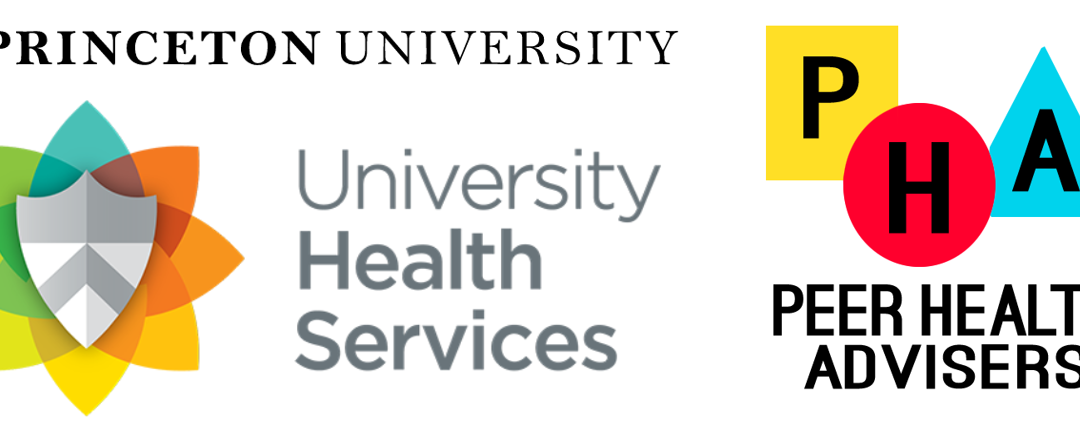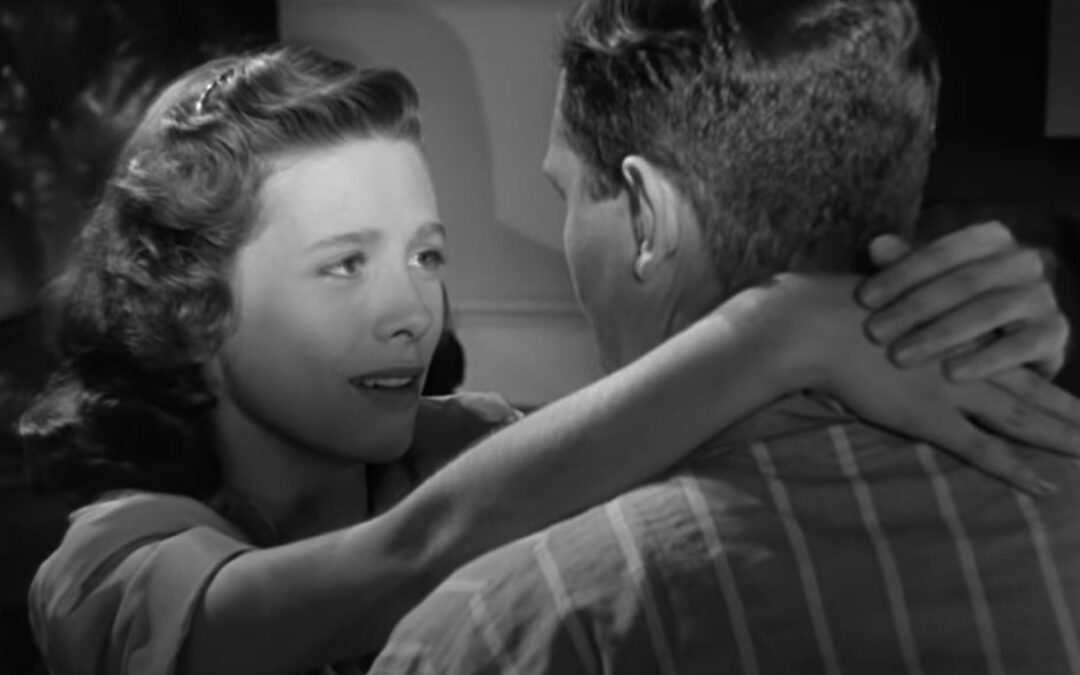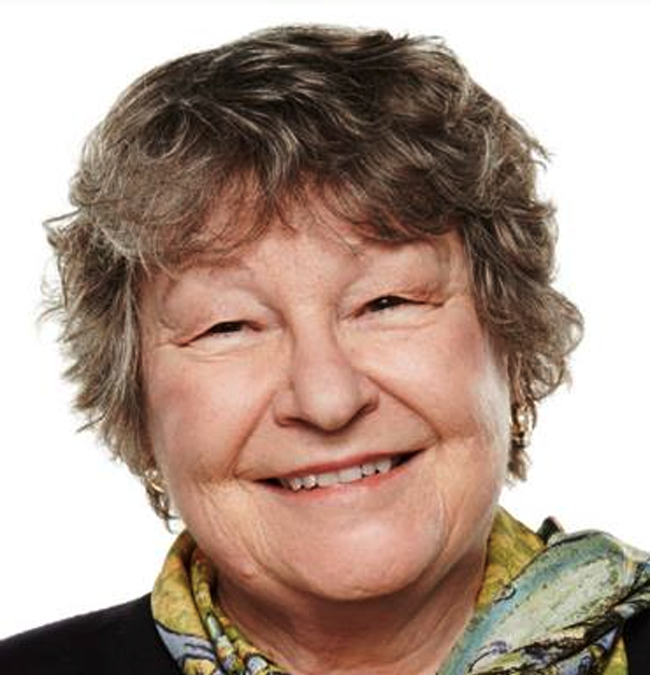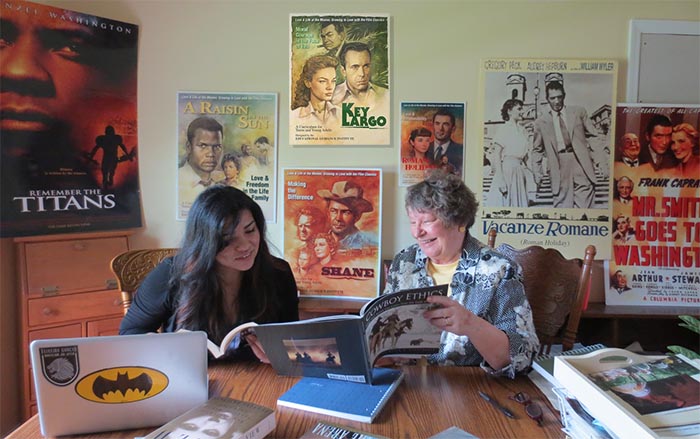I begin this email with a NSFW warning. The content and images below are not suitable for work and, most likely, you may find them inappropriate and offensive. Of course, Princeton’s University Health Services finds them valid and reasonable and worthy of campus-wide distribution. Read on to catch a glimpse of the social environment students must navigate in order to obtain a leading education in American.










